Specialist Doctor Lam Nguyen Thuy An (Ho Chi Minh City University of Medicine and Pharmacy Hospital - Campus 3) said that nephrotic syndrome is a clinical and biochemical syndrome characterized by massive edema, rapid progression accompanied by effusion of the serous cavities, high proteinuria, decreased blood protein, decreased blood albumin and increased blood cholesterol.
Signs and symptoms of nephrotic syndrome include edema, severe swelling, especially around the eyes, in the ankles and feet. In addition, there will be some characteristics such as foamy urine due to excess protein in the patient's urine, weight gain due to water retention, fatigue, loss of appetite, and loss of appetite.
"In adults, about 80% of glomerulonephritis has no known cause, the rest is associated with systemic diseases or lupus erythematosus, diabetes and amyloid nephropathy. In addition to specific drug treatment according to the doctor's instructions, changing the diet also plays an important role in controlling and improving symptoms," Dr. Thuy An shared.
Protein
For patients without kidney failure (blood urea and creatinine levels within normal limits), it is necessary to supplement enough protein to compensate for the amount lost through urine, but should not eat too much to avoid glomerular fibrosis. The average daily protein intake is calculated as 1 g/kg body weight/day along with the amount of protein lost through urine in 24 hours.
Of which, 2/3 is animal protein (meat, fish, shrimp, crab, eggs, milk), 1/3 is vegetable protein (bean sprouts, soybeans, lentils, broccoli, nuts).
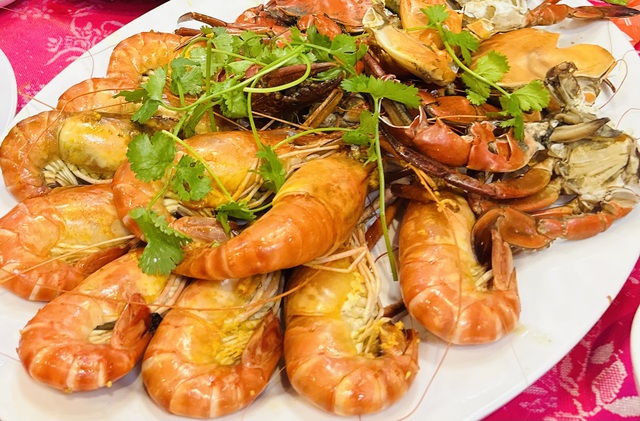
Protein intake includes 2/3 animal protein (meat, fish, shrimp, crab, eggs, milk), 1/3 vegetable protein
PHOTO: LE CAM
Energy
Ensure enough energy from 35-40 kcal/kg weight/day.
Fat
Avoid foods high in cholesterol (brain, intestines, animal organs, butter, fat, egg yolks), use about 20-25g/day. Use vegetable oils (soybean oil, rapeseed oil, peanut oil, sesame oil). Prioritize steaming and boiling cooking methods. Limit frying and stir-frying.
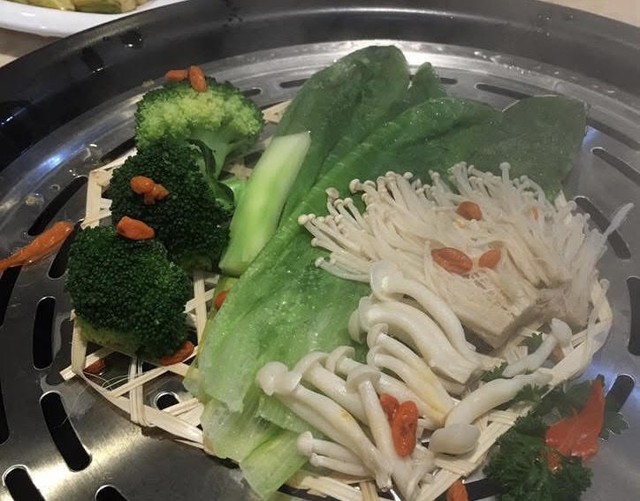
Prioritize steaming and boiling cooking methods
PHOTO: LE CAM
Vitamins, water, minerals
The amount of water consumed daily will be equal to the amount of water excreted + 500 ml. In addition, you should eat a bland diet, reduce salt (1-2 g salt/day). Eat foods rich in vitamin C, beta carotene, vitamin A, selenium (green vegetables, ripe red and yellow fruits such as papaya, carrots, mango, oranges, bean sprouts). In cases of little urine and increased blood potassium, you should limit vegetables and fruits.
Foods to eat and avoid
According to Dr. An, foods in the carbohydrate group should be used such as rice, noodles, cassava, the fat group includes vegetable oil, the protein group includes lean meat, lean fish, egg whites, milk, beans, skimmed milk powder. As for vegetables, you can eat all kinds of vegetables, except in cases of little urination and high blood potassium, then limit.
Foods that should not be used or limited in the fat group include limiting animal fat. For the protein group, do not use animal organs. If you cannot urinate, urinate little and have high blood potassium, you should not eat fruits with high potassium content (oranges, lemons, bananas, pineapples, plums, avocados). Avoid eating pickled foods, canned foods, dried fruit jams, alcohol, and stimulants.
Suggested daily food intake includes: 250-300g of rice; 200g of lean meat or fish, or replace with 300g of tofu; 10-15g of cooking oil; 300-400g of vegetables, 200-300g of fruit; 2-4g of salt, 25-50g of skimmed milk powder, 10g of sugar.
Doctor An noted that patients should eat a completely bland diet during the edema phase; when the edema is gone, they can eat 2 teaspoons of fish sauce per day. Not only for patients with nephrotic syndrome, but most cases need a reasonable diet and lifestyle. Patients should go to reputable facilities so that experts can adjust their lifestyle and diet to suit their condition, thereby helping to improve their health, ensuring a safe treatment process and a faster recovery.


![[Photo] Ho Chi Minh City Youth Take Action for a Cleaner Environment](https://vphoto.vietnam.vn/thumb/1200x675/vietnam/resource/IMAGE/2025/11/04/1762233574890_550816358-1108586934787014-6430522970717297480-n-1-jpg.webp)
![[Photo] The road connecting Dong Nai with Ho Chi Minh City is still unfinished after 5 years of construction.](https://vphoto.vietnam.vn/thumb/1200x675/vietnam/resource/IMAGE/2025/11/04/1762241675985_ndo_br_dji-20251104104418-0635-d-resize-1295-jpg.webp)
![[Photo] Comrade Nguyen Duy Ngoc holds the position of Secretary of the Hanoi Party Committee](https://vphoto.vietnam.vn/thumb/1200x675/vietnam/resource/IMAGE/2025/11/04/1762234472658_a1-bnd-5518-8538-jpg.webp)

![[Photo] Panorama of the Patriotic Emulation Congress of Nhan Dan Newspaper for the period 2025-2030](https://vphoto.vietnam.vn/thumb/1200x675/vietnam/resource/IMAGE/2025/11/04/1762252775462_ndo_br_dhthiduayeuncbaond-6125-jpg.webp)
![[Photo] Ca Mau "struggling" to cope with the highest tide of the year, forecast to exceed alert level 3](https://vphoto.vietnam.vn/thumb/1200x675/vietnam/resource/IMAGE/2025/11/04/1762235371445_ndo_br_trieu-cuong-2-6486-jpg.webp)

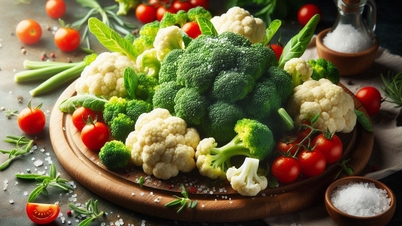
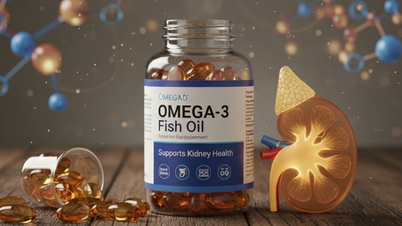




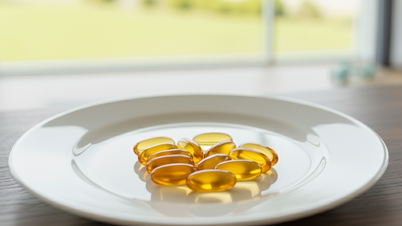

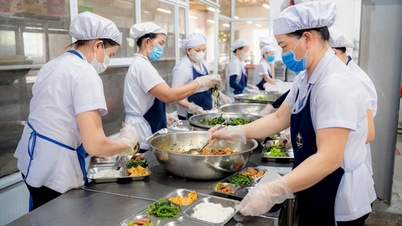


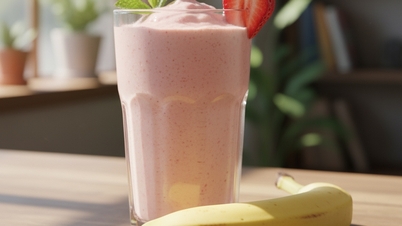















































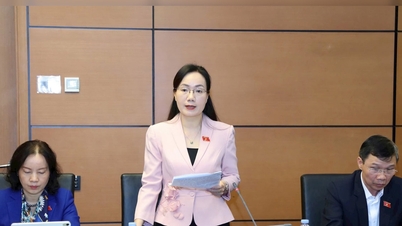













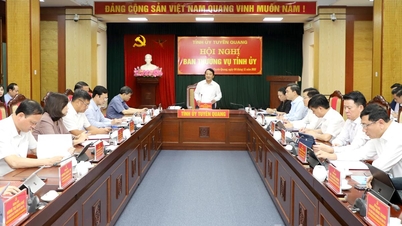

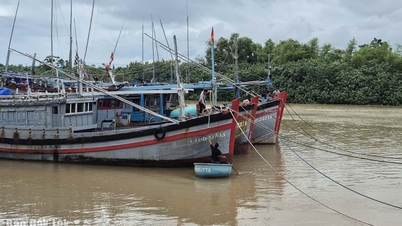























Comment (0)